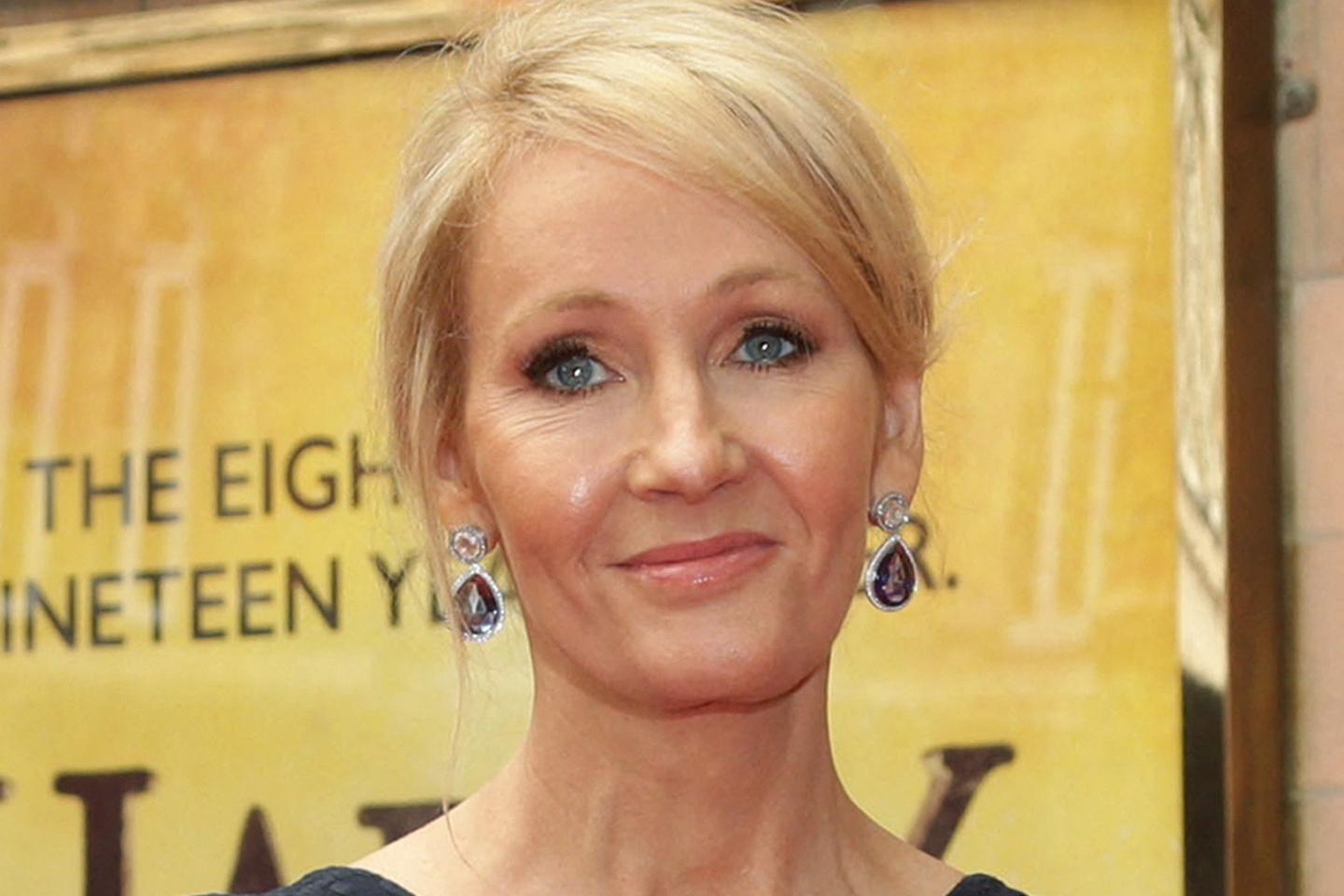


Algerian boxer Imane Khelif, whom some suspect of being a man despite the International Olympic Committee's statements to the contrary, bore the brunt of a highly-publicized controversy surrounding her participation in this year's summer Olympic Games, in which she won a gold medal. In recent days, transgender athlete Valentina Petrillo, who competed in the Paralympics, has also come under attack from those who consider that she doesn't belong in the women's events. Amid both of these controversies, one voice, louder than the others because of its fame, has rung out: That of novelist JK Rowling (JKR), who has considered Khelif to be a "man" and Petrillo a "cheat." How did the once discreet author turn into an anti-trans activist?
Her name first appeared in Le Monde's literary section on January 29, 1999, in an article on her best-selling novel about the "adventures of a young apprentice wizard" named Harry Potter. Journalist Jacques Baudou hailed it as "a perfect success that virtuosically plays on mystery and thrills." Numerous short articles followed, which mentioned the awards the series of novels received, as it captivated children and adults alike. This success – 30 million copies of the first three books were sold in under three years – prompted Le Monde des Livres to publish a first full-page profile of the author on March 31, 2000. Florence Noiville tracked down information on the as-yet unknown 35-year-old author, whose work had been translated "into 35 languages." In France, the young wizard Harry Potter "launched in 1998, has already almost sold half a million copies."
Such was her story: "When she started working on Harry Potter in the early 1990s, JK Rowling, born in 1965, was a single mother. She was destitute and lived in a freezing apartment in Edinburgh. During the day, she would take her baby for walks in a baby carriage, and, when the little girl would fall asleep, she would take refuge in a café to write some pages." "JKR-Cinderella," as the journalist had dubbed her, faced rejection from every publisher until, in 1997, she was finally published by Bloomsbury.
Secretive and silent
A best-selling novelist, JKR didn't want to be famous: She refused every interview and only took part in press conferences on her own terms. "Three questions for everyone. And a photo session to cap it all off: Something rarely seen in publishing!" Noiville marveled. She did, however, glean a few personal details. The writer spoke of her "compulsion" to write from the age of 6, but also of the "chemical imbalance" she felt, which enabled her to draw on her childhood memories and write "effortlessly."
You have 62.76% of this article left to read. The rest is for subscribers only.
